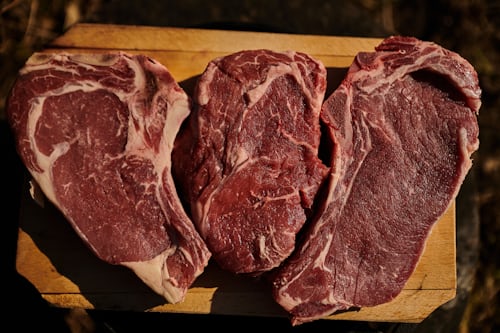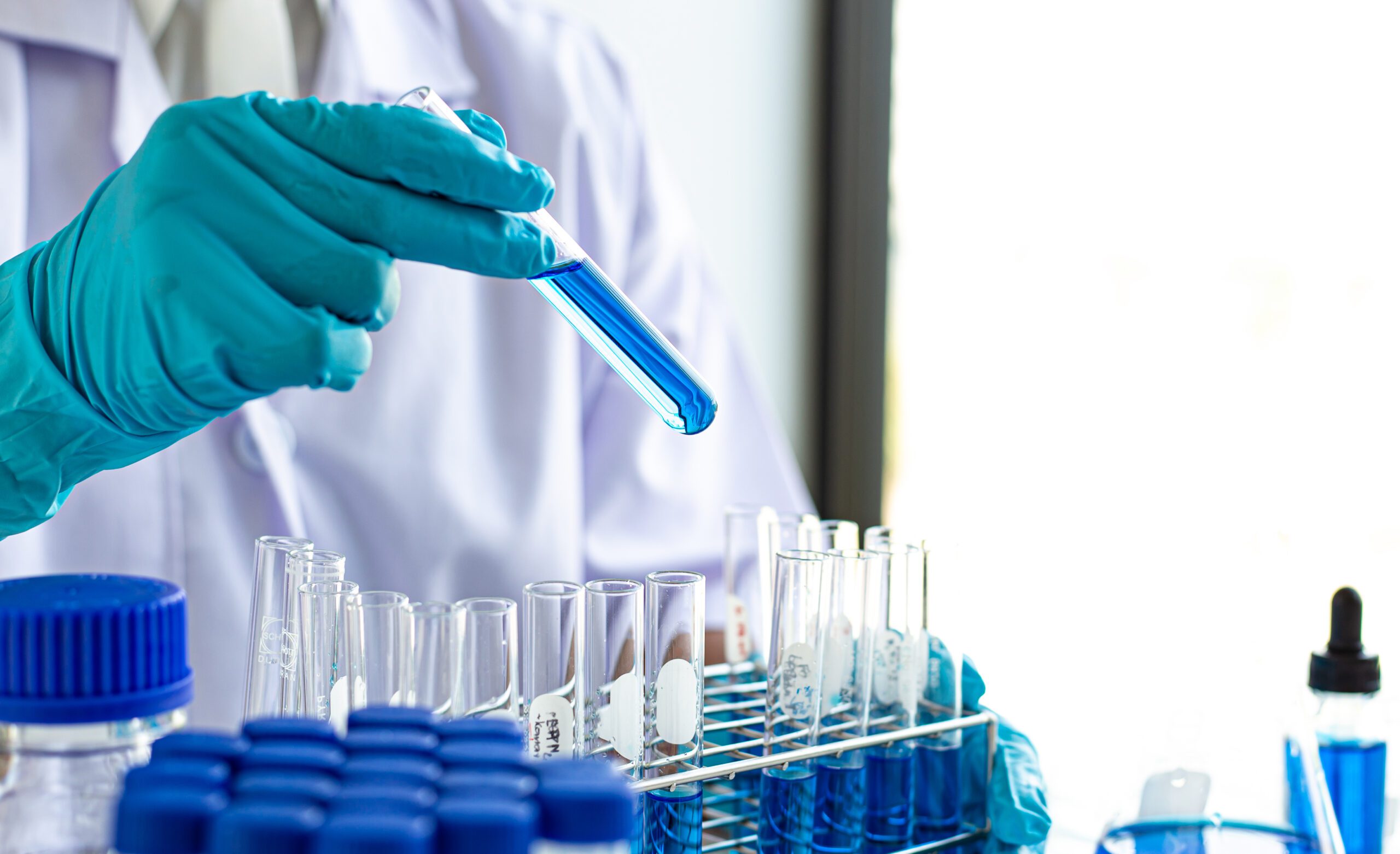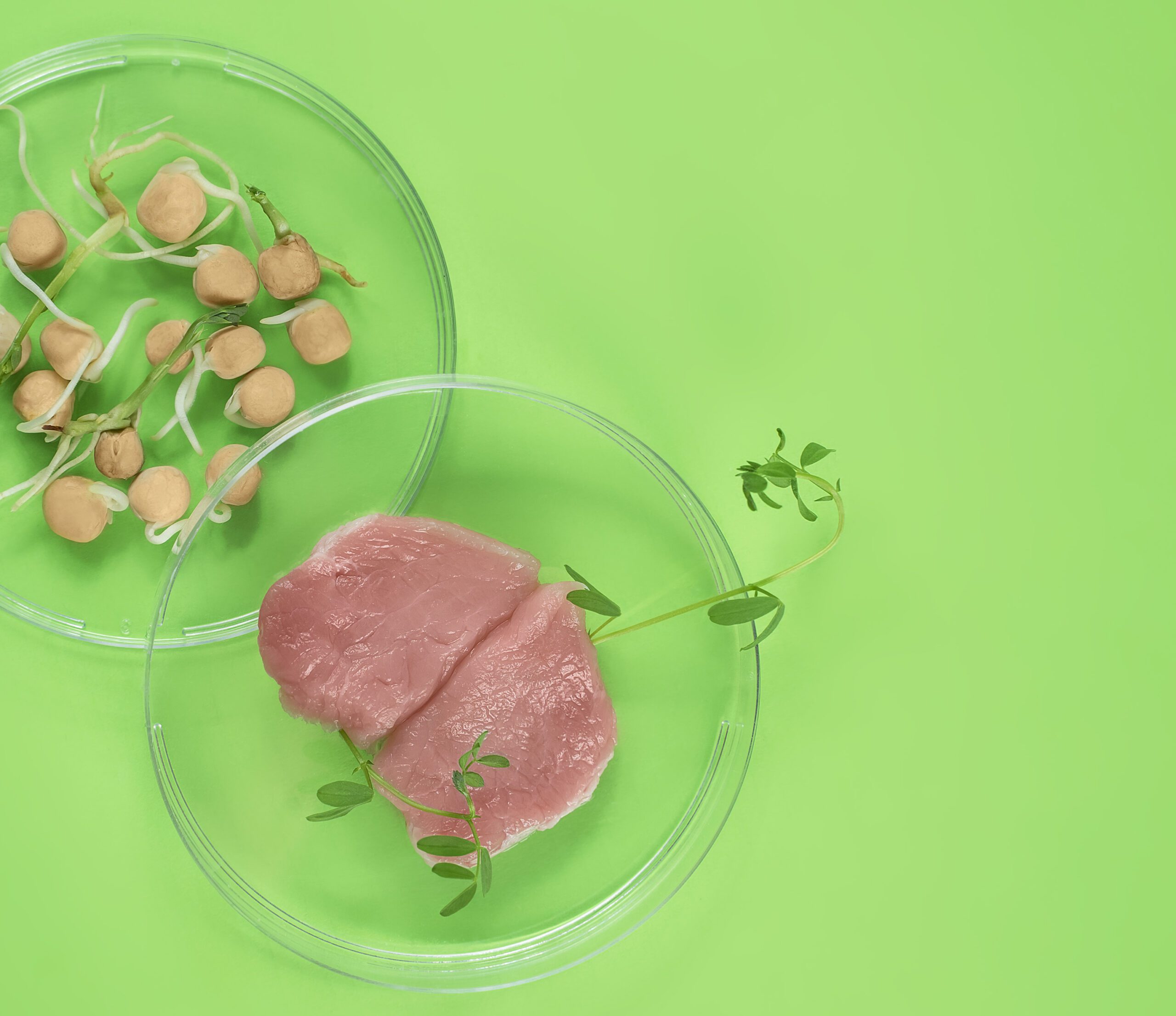Quotes from News Medical, January 27, 2024
A new way of making meat from cells that grow in special containers without using animals is becoming more advanced and realistic for the food sector. This is called cellular agriculture. A team of scientists at the TUCCA, a center for cellular agriculture at Tufts University, led by engineering professor David Kaplan, has achieved a breakthrough in this field. They have made beef muscle cells that can make their own substances that help them grow, which can lower the expenses of making meat this way.
Substances that stimulate cell growth and development, called growth factors, are needed for both scientific tests and meat production using cells. They attach to parts of the cell membrane and tell the cells to multiply and change into various kinds of mature cells.
In this research paper that appeared in the journal Cell Reports Sustainability, the scientists changed stem cells so that they could make their own FGF, a type of growth factor that causes skeletal muscle cells to grow. These are the cells that make up the meat we eat, like steak or burger.

Before, substances that help cells grow and change, called growth factors, were needed in the liquid where the cells grow, or media. They are made from a special kind of protein and bought from companies that make them. Growth factors are very expensive and make up most of the cost of making meat from cells (more than 90% sometimes).
They also don’t stay active for long in the media, so they have to be added again every few days. This makes it hard to offer a cheap product to customers. Removing that ingredient from the media saves a lot of money.
** To access the complete text, please click here **








